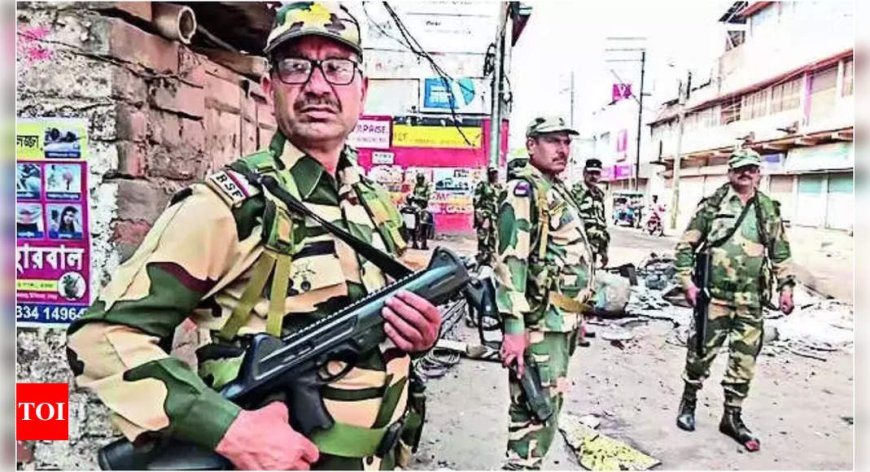Fear still stalks residents who fled Murshidabad
Following violent clashes sparked by the new waqf law, Hriday Das fled Murshidabad with his family after losing relatives and his home. Scores of others sought refuge in neighboring Jharkhand and Malda, highlighting the widespread fear and displacement. While some families have been escorted back by police, uncertainty lingers in the affected areas.

In the wake of a recent crisis, the residents of Murshidabad are grappling with lingering fears that still haunt them after fleeing their homes. This article delves into the ongoing struggles faced by these families, the reasons for their exodus, and the broader implications for the region.
Understanding the Reasons for Fleeing
The situation in Murshidabad escalated rapidly due to a series of violent incidents that left many fearing for their safety. Residents reported escalating tensions, widespread panic, and the ultimate need to abandon their homes to seek refuge elsewhere. Many families have now found themselves in temporary shelters or living with relatives, trying to navigate the difficulties of displacement.
The Psychological Impact of Displacement
Such traumatic events have profound effects on mental health. Survivors of the crisis are now living with anxiety and fear, struggling to rebuild their lives while haunted by the events that forced them from their homes. The psychological toll is evident, with many individuals experiencing symptoms of PTSD and anxiety disorders. Local mental health organizations are stepping in to provide support, but the need for resources is overwhelming. Challenges Faced by Displaced Residents
Housing and Economic Concerns
The evacuation has left many residents without a stable place to live. Those who seek refuge have limited access to basic necessities such as food, clean water, and healthcare. Additionally, many individuals have lost their livelihoods due to the situation, leaving them in a precarious financial state. Local government initiatives aimed at providing temporary relief have been beneficial, but long-term solutions are critical to assist these families in returning to normalcy.
The Call for Solidarity and Support
The plight of Murshidabad residents has caught the attention of activists and humanitarian organizations. Initiatives focused on sending aid, offering psychological support, and advocating for better living conditions have begun to emerge. It is essential for community members and national leaders to come together to create a sustainable plan for recovery. The strength of the human spirit shines in times of adversity, but tangible support is necessary to aid in their journey to healing. Conclusion
The fear that continues to stalk the residents of Murshidabad is a tragic reminder of the fragility of safety and stability. While the path to recovery may be long, collective efforts to support the displaced can foster resilience and hope, paving the way for a brighter future. For more updates, visit dharmyuddh.com. Keywords: fear Murshidabad residents, fleeing from violence Murshidabad, Murshidabad crisis, displaced families Murshidabad, psychological impact displacement, Murshidabad recovery support, aid for Murshidabad residents, housing issues Murshidabad, economic challenges Murshidabad, mental health support Murshidabad.







